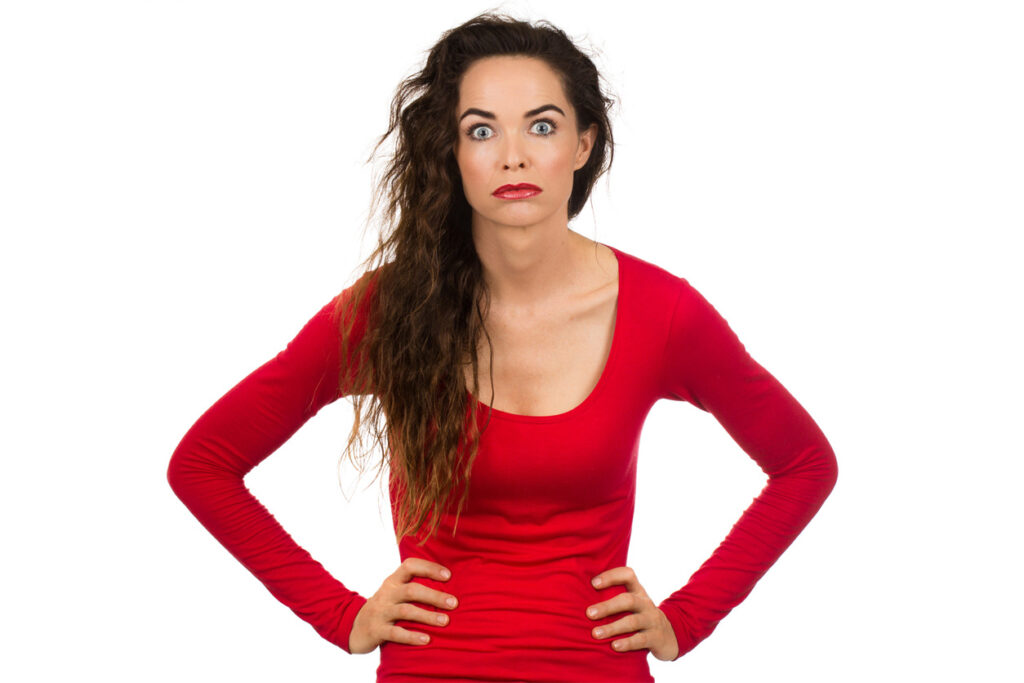How Your Diet Affects This Vital Organ…
The health of your gallbladder is heavily influenced by your dietary choices. Understanding which foods can benefit or harm this vital organ can help you maintain better digestive health and prevent gallbladder issues, such as gallstones.
The gallbladder may not be the first organ you think of when considering your overall health, but it plays a pivotal role in your body’s digestive process.

The Health of Your Gallbladder
This small, pear-shaped organ aids in the digestion of fats by releasing bile, a crucial digestive fluid. Ignoring gallbladder health can lead to painful and often serious conditions, such as gallstones and inflammation. These issues can disrupt your digestion and your overall well-being.
By understanding and supporting the health of your gallbladder, you can enhance your digestive efficiency, avoid discomfort, and maintain a smoother, more balanced metabolic process.
This makes the care of your gallbladder not just a matter of specific organ health, but a key component of your broader health and comfort.
Foods to Embrace
Healthy Fats: Incorporating healthy fats into your diet is essential for gallbladder function. Foods rich in omega-3 fatty acids, like salmon, walnuts, and flaxseeds, can help reduce inflammation and promote better bile flow.
Lean Proteins: Opt for lean sources of protein such as chicken, turkey, and fish. These foods are easier on your gallbladder as they require less bile for digestion compared to fattier meats.
Fiber-Rich Foods: High-fiber foods such as fruits, vegetables, and whole grains can significantly enhance gallbladder health. Fiber helps speed up the intestinal process and reduces the risk of gallstones by helping to regulate the use of bile.
Foods to Avoid
High-Fat Foods: Eating a lot of fatty foods can put extra pressure on your gallbladder, leading to bile build-up and increasing the risk of gallstones. It’s best to limit intake of high-fat dairy products, fatty cuts of meat, and fried foods.
Refined Carbohydrates: Foods high in refined carbs and sugars can exacerbate gallbladder issues. Pastries, white bread, and sugary snacks should be consumed in moderation to avoid spikes in blood sugar and strain on the gallbladder.
Spicy Foods: While not universally problematic, spicy foods can trigger gallbladder discomfort in some individuals. If you notice symptoms after eating spicy meals, it may be wise to cut back.
Lifestyle Tips for Gallbladder Health
Stay Hydrated: Drinking plenty of water throughout the day helps keep bile fluid and less concentrated, reducing the risk of gallstone formation.
Regular Exercise: Maintaining a regular exercise routine can help manage your weight and reduce the risk of gallstones.
Eat Smaller, More Frequent Meals: This eating pattern can ensure a more constant demand for bile and help prevent gallbladder stasis, where bile remains in the gallbladder for too long.
Symptoms of Gallbladder Issues
Some of the most common gallbladder issues can cause a variety of symptoms including:
- Abdominal Pain:
One of the hallmark symptoms of a gallbladder issue is pain in the upper right quadrant of the abdomen. This pain can also radiate to the back or right shoulder blade. It’s often triggered by eating fatty foods and can vary from mild to severe. - Nausea and Vomiting:
Gallbladder problems, especially gallstones, can cause nausea or vomiting, which often accompanies the pain episodes. - Indigestion:
Symptoms such as bloating, indigestion, and gas can frequently occur. There may also be a feeling of fullness or discomfort after eating, especially after a particularly fatty meal. - Jaundice:
If a gallstone blocks the bile duct leading to the intestine, bile can back up in the liver causing jaundice, which is noticeable by a yellowing of the skin and eyes. - Changes in Stool and Urine:
A common indicator of a blocked bile duct is lighter-colored stools and darker urine. This is due to the bile not reaching the intestines and instead accumulating in the bloodstream. - Fever and Chills:
If the condition leads to inflammation or infection of the gallbladder (cholecystitis), fever and chills may occur.
These symptoms can vary in intensity and frequency, and not everyone with gallbladder problems will experience all of these symptoms. If someone suspects their symptoms are related to gallbladder issues, it’s important to seek medical evaluation to avoid complications.
The Health of Your Gallbladder
Your diet plays a significant role in the health of your gallbladder. By making mindful choices about what you eat, you can support this critical digestive organ and reduce your risk of developing gallstones or other gallbladder-related issues.
As always, consult with a healthcare provider before making any significant changes to your diet or lifestyle.
Be sure to check out the entire series on how your diet affects your organs!
